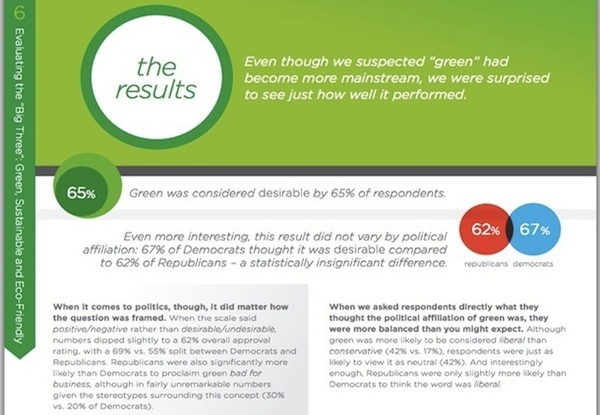Travelers from Los Angeles to San Francisco will have a lower carbon footprint this fall. Many other flights could soon follow. If you happen to get on a United flight from Los Angeles to San Francisco this fall, you might be traveling on leftovers from the farm. The airline will be the first in the country to start flying regular passenger flights on alternative jet fuel—in the case, made from a mix of non-edible oils and agricultural waste blended with traditional fuel. “We believe that one of our greatest opportunities to reduce the aviation industry’s environmental footprint is through sustainable alternative fuels,” says Angela Foster-Rice, United’s managing director for environmental affairs and sustainability. United flew the first biofuel test flight in the U.S. in 2009 (using algae), and the first commercial flight in 2011. The company signed an agreement with AltAir Fuels—the company supplying the new fuel to LAX—six years ago. But it’s only now that the biofuel industry is beginning to get to the point to supply regular flights. The challenges of scaling up have involved the cost alternative fuel feedstock and raising sufficient capital investments, Foster-Rice says. Over the next three years, United plans to buy 15 million […]
Continue reading... →Oh Marketing Whiz Who is Always Hungry to Learn More! Back in 2013, The Santa Fe Reporter interviewed me and at the very end I was asked: “any final wisdom?” My last words were, “My hope is that someday we don’t even have to use the word ‘green’—it’s just the way it is.” It’s been 12 years now that my company, Mind Over Markets, has been dedicated to helping green and socially-focused companies, organizations, and entrepreneurs take their products and services to the next level. It’s what we believe in, what we are passionate about. When we put that stake in the ground, we never looked back (even though back then “green” was used with caution in marketing because of its tree-hugger status and political connotations). Well, those days are gone. This week, the Shelton Group released a study on the effectiveness of eco buzzwords like “green,” “eco-friendly,” “sustainable,” “recyclable,” “renewable,” “low carbon footprint,” and more. The results happily report that green has gone from “niche appeal” to “baseline expectation.” For instance, 65% of the 2,000 plus respondents said that “green was considered desirable.” And it really doesn’t matter what side of the fence you are on because 67% of them were Democrats and 62% […]
Continue reading... →Because the quantum field, which is 99% energy, is where it all happens – your life, your health, your family, your work, your business, you name it. It all exists there and when you get that, you get IT – whatever that IT is you are going for.
I am exploring this in my business and personal life with gusto, and will be sharing it with you here over the next bunch of months — how YOU can create the business or project YOU WANT by learning and working with the quantum field. That’s what I call “Quantumizing Your Business”. Sound fun?
Continue reading... →One angel investor wants an investment portfolio full of women. Jonathan Sposato, a Seattle-based entrepreneur and the CEO of photo editing software PicMonkey, made a bold announcement last week at the Seattle Angel Conference that he’d only fund companies with one or more female founders. Women often have a more difficult time securing funding—numbers from CrunchBase show that companies with female founders only make up about 19% of seed and angel investments, and that number dwindles down as companies progress to each funding stage. But the good news is the number of female founders are on the upswing. According to that CrunchBase data, the percentage of startups with at least one female founder rose from 9.5% in 2009 to 18% in 2014. “Female entrepreneurs do have a harder time getting traction—whether that’s raising money, getting their concepts across, or even recruiting,” Sposato said in an interview with Mashable. “You can’t just take those issues and not do something about it. If you feel passionate about something, you have to be the catalyst.” Sposato says part of the problem comes from investors’ tendency to pattern match, or support startups that resemble other successful companies they funded that got off the ground. […]
Continue reading... →








